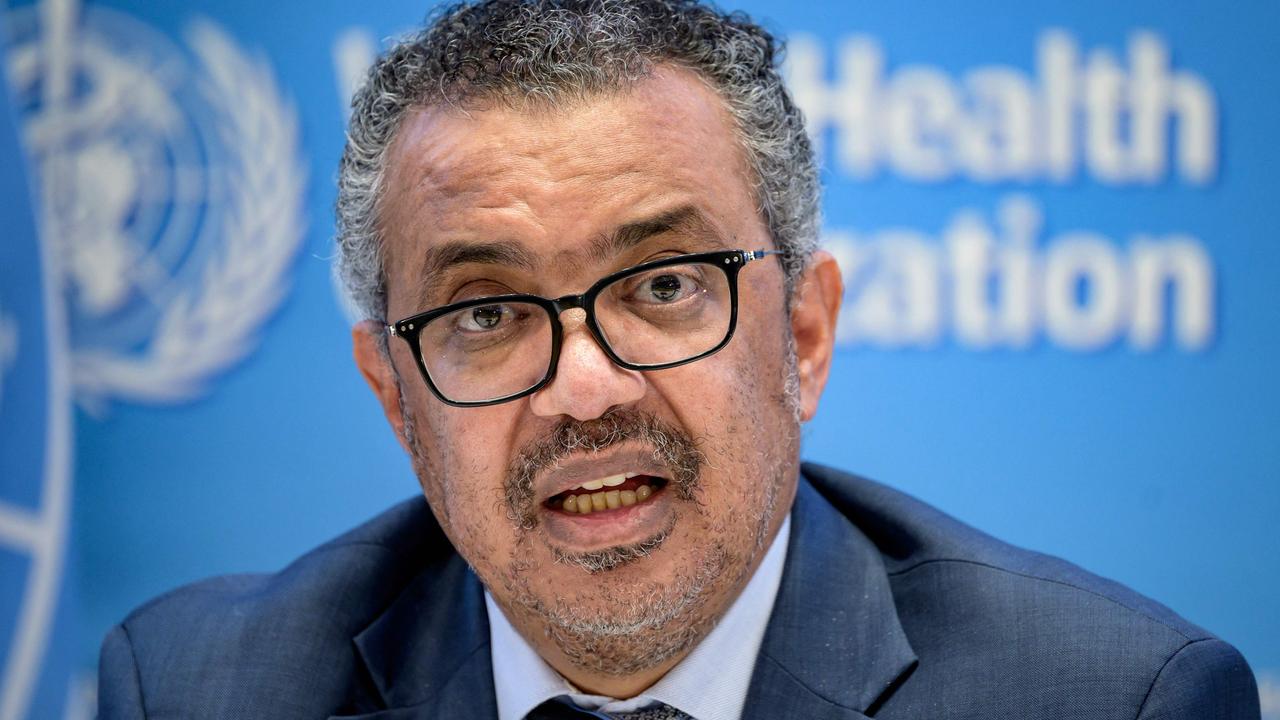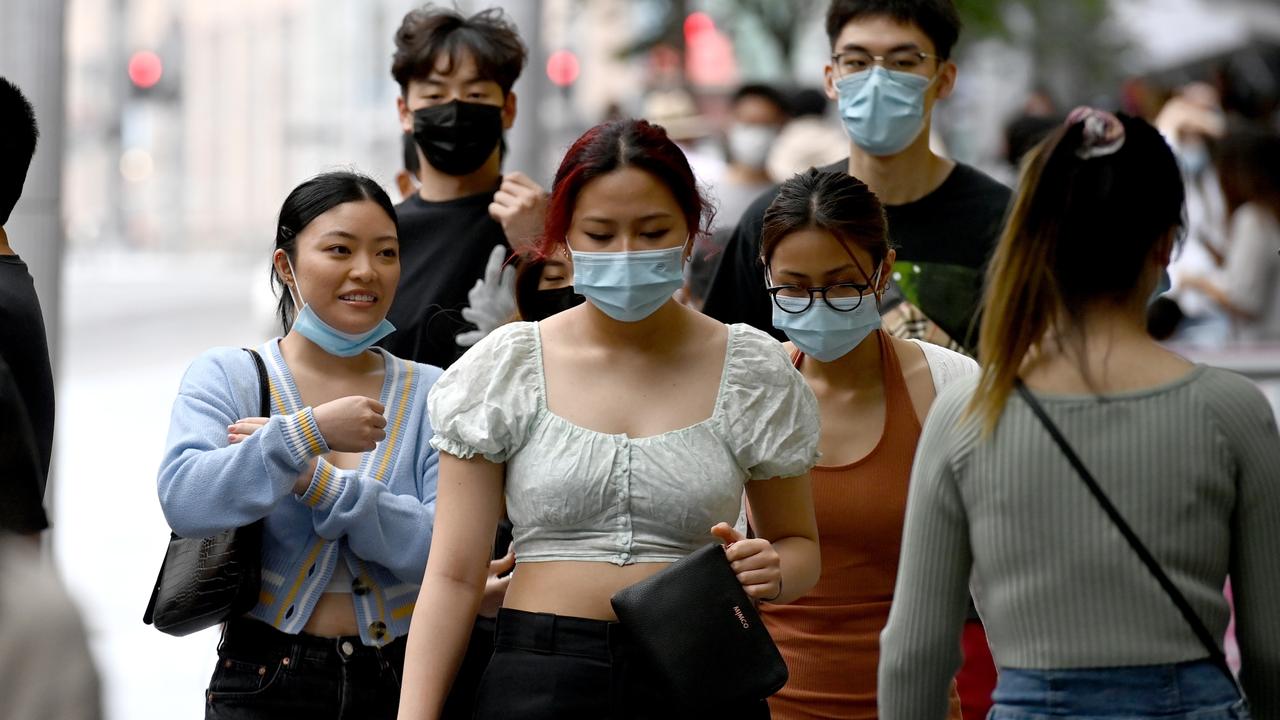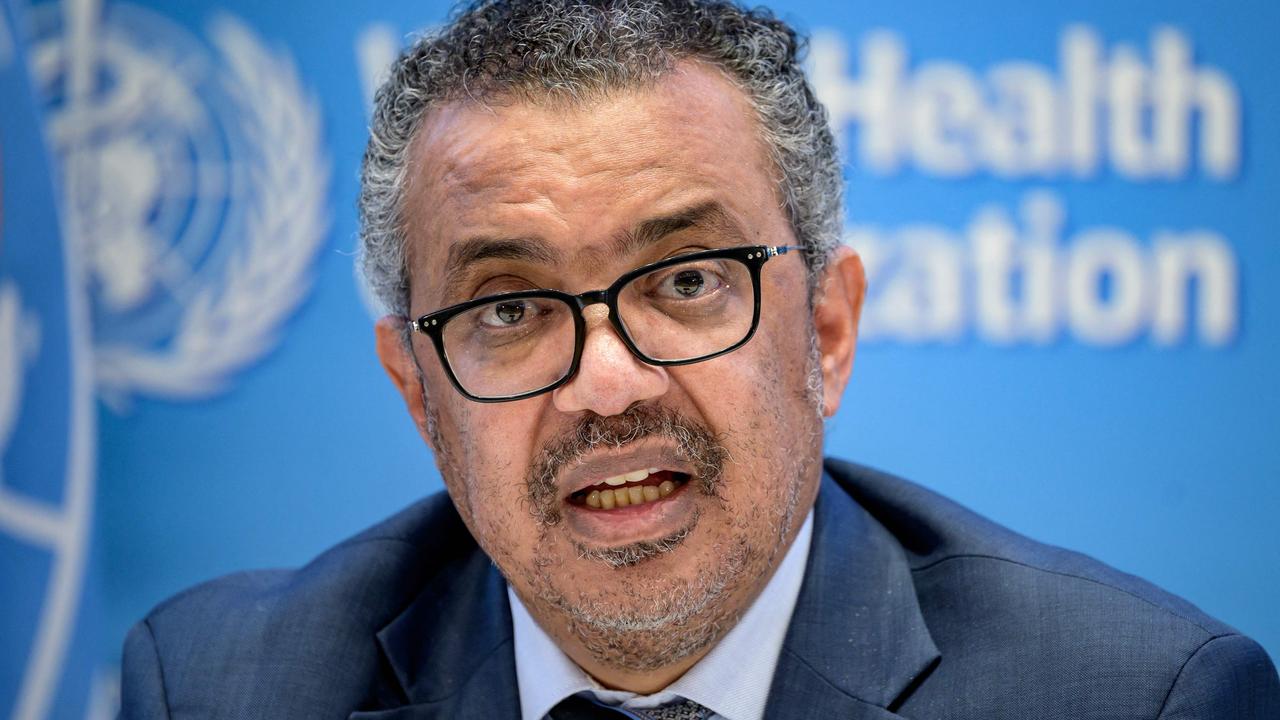WHO predicts global lull in Covid-19 cases, but warns against complacency on Omicron
As Omicron waves around the world begin to subside, the WHO says a light is appearing at the end of the tunnel. But it also had a stark warning.

The World Health Organisation (WHO) says the pandemic is approaching a very quiet period — with large parts of the world moving towards a “kind of endgame” this year — but added it is “dangerous” to assume we’ve seen the last of Covid-19.
It said there is likely to be a lull in cases globally for several month as global immunity reaches high levels after the wide spread of the Omicron variant.
In Australia, experts predict at least one quarter of people in the most populous states will have caught the virus.
The WHO says that after an upcoming expected lull in infections, further waves will come but they will be classed as epidemics rather than a continuation of the pandemic.
WHO Europe director Hans Kluge said on Monday it was possible that Europe was “moving towards a kind of pandemic endgame”.

He said while Omicron could infect 60 per cent of Europeans by March, once the wave subsided there would be global immunity “for quite some weeks and months”, either because of vaccines or people having been infected.
“We anticipate that there will be a period of quiet before Covid-19 may come back towards the end of the year, but not necessarily the pandemic coming back,” Dr Kluge said.
However, the head of the WHO warned conditions remain ideal for more variants to emerge and that it is dangerous to assume Omicron is the last one.
Tedros Adhanom Ghebreyesus, the WHO’s director-general, also said the most serious phase of the pandemic could still end this year if some key targets are met.
He said “ending the acute phase of the pandemic must remain our collective priority”.
“There are different scenarios for how the pandemic could play out and how the acute phase could end. But it’s dangerous to assume that Omicron will be the last variant or that we are in the endgame,” Dr Tedros told the start of a WHO executive board meeting.

“On the contrary, globally, the conditions are ideal for more variants to emerge.”
However, he said “we can end Covid-19 as a global health emergency, and we can do it this year”, by reaching targets like the WHO’s hope to vaccinate 70 per cent of the population of each country by the middle of this year, with a focus on people who are at the highest risk, and improving testing and sequencing rates to track the virus and its emerging variants more closely.
“It’s true that we will be living with Covid for the foreseeable future and that we will need to learn to manage it through a sustained and integrated system for acute respiratory diseases” to help prepare for future pandemics, he said.

“But learning to live with Covid cannot mean that we give this virus a free ride. It cannot mean that we accept almost 50,000 deaths a week from a preventable and treatable disease.”
In Australia, authorities have stated that the most populous states are seeing a downward curve in Covid cases.
In NSW, the seven-day average for new infections dropped from 38,138 to 20,214 over the past week.
Victorian Premier Daniel Andrews said the seven-day daily average of cases in his state had almost halved inside a week, from 31,262 on January 15 to 16,929 on January 21.
Covid hospital admissions have continued to fall or stabilise in the four Australian states with the largest Omicron waves, more than a week after case numbers peaked.




